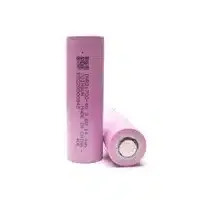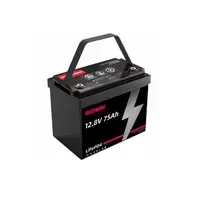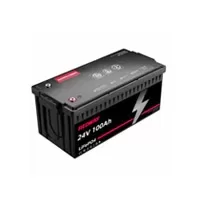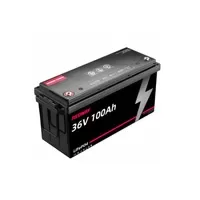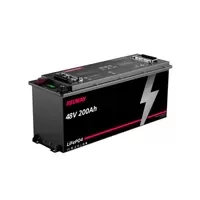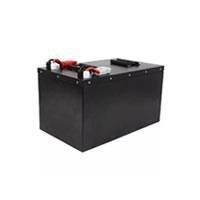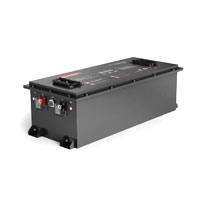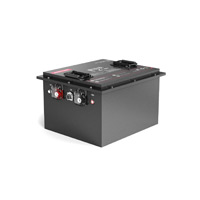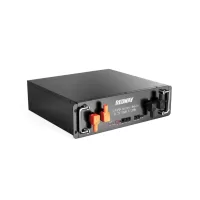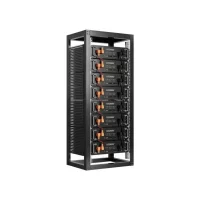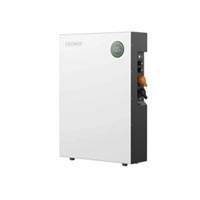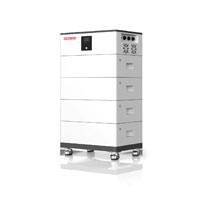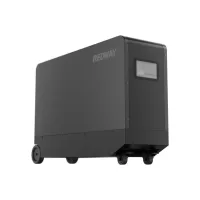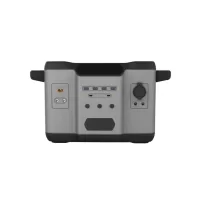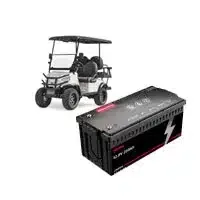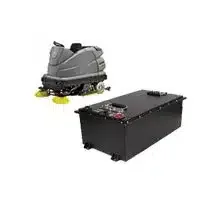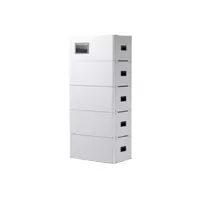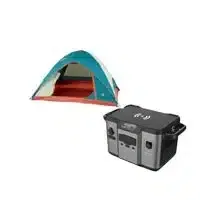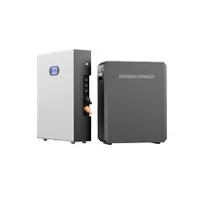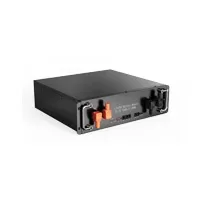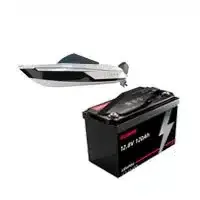(Click to Get a Quick Quote!)
Handling battery cells safely is crucial to prevent accidents and ensure their optimal performance. Whether you’re dealing with lithium-ion batteries or other types, it’s important to follow proper guidelines and precautions. In this comprehensive guide, you’ll learn essential tips on how to handle battery cells safely and effectively.
Understand the Risks and Hazards of Battery Cells.
Before handling battery cells, it’s important to understand the risks and hazards associated with them. Battery cells contain chemicals and can pose a danger if mishandled or damaged. Some of the risks include fire, explosion, leakage of toxic substances, and electrical shock. It’s crucial to be aware of these risks and take necessary precautions to ensure your safety and the safety of those around you.
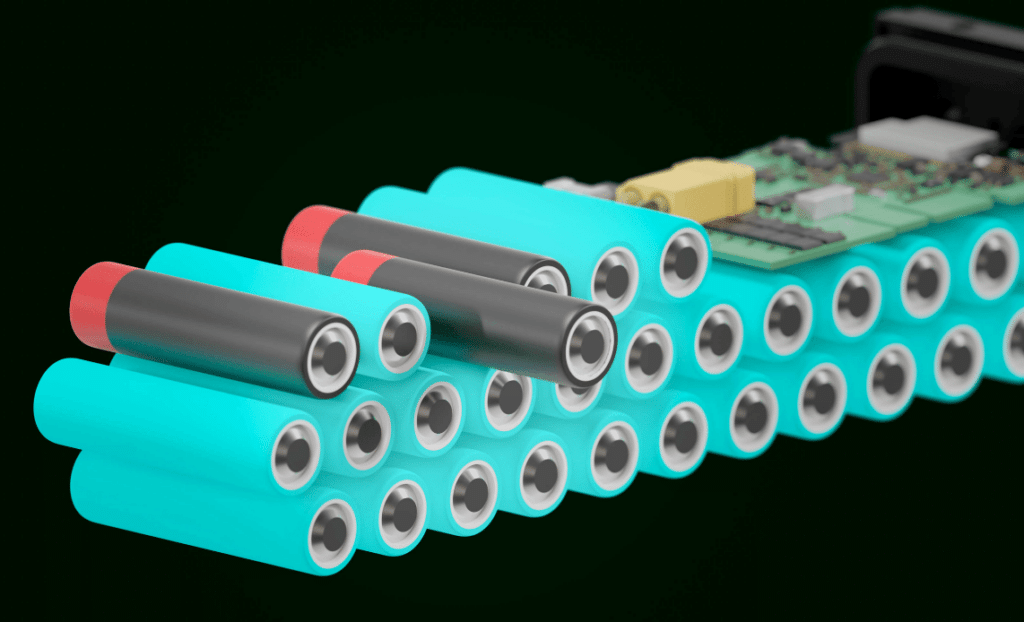
Store Battery Cells Properly.
Proper storage of battery cells is essential to prevent accidents and maintain their performance. Here are some tips for storing battery cells safely:
1. Keep battery cells in a cool and dry place: High temperatures can cause battery cells to degrade and lose their capacity. Store them in a location where the temperature is between 20-25 degrees Celsius (68-77 degrees Fahrenheit).
2. Avoid exposure to direct sunlight: Sunlight can increase the temperature of battery cells and accelerate their degradation. Store them in a shaded area or use opaque containers to protect them from sunlight.
3. Store battery cells in a well-ventilated area: Proper ventilation helps dissipate any gases that may be released by the battery cells. Avoid storing them in airtight containers or confined spaces.
4. Keep battery cells away from flammable materials: Battery cells can pose a fire hazard if they come into contact with flammable materials. Store them away from sources of ignition, such as gasoline, solvents, or open flames.
5. Separate battery cells to prevent short circuits: If you are storing multiple battery cells, make sure they are kept separate from each other. Contact between the positive and negative terminals can cause a short circuit and potentially lead to a fire.
6. Use appropriate storage containers: Choose containers that are specifically designed for storing battery cells. These containers should be non-conductive and resistant to impact and puncture.
7. Label and organize battery cells: Properly label your battery cells to identify their type, voltage, and any specific handling instructions. Organize them in a way that allows for easy access and prevents accidental damage.
By following these tips, you can ensure that your battery cells are stored safely and maintain their performance over time. Remember to always refer to the manufacturer‘s guidelines for specific storage recommendations for your battery cells.
Handle Battery Cell with Care.
Battery cells can be potentially dangerous if mishandled, so it’s important to handle them with care. Here are some best practices for proper handling:
1. Wear protective gear: When handling battery cells, wear gloves and safety glasses to protect yourself from any potential leaks or spills.
2. Avoid dropping or mishandling battery cells: Dropping or mishandling battery cells can cause damage to the casing and potentially lead to leaks or explosions. Handle them gently and avoid any rough handling.
3. Do not expose battery cells to extreme temperatures: Extreme temperatures can cause battery cells to malfunction or even explode. Avoid exposing them to excessive heat or cold.
4. Do not disassemble or modify battery cells: Battery cells are designed to be used as a whole unit and should not be disassembled or modified in any way. Doing so can be dangerous and may void any warranties.
5. Dispose of old or damaged battery cells properly: If a battery cell is old or damaged, it should be disposed of properly according to local regulations. Do not throw them in the regular trash as they can be harmful to the environment.
6. Store battery cells in a safe place: When not in use, store battery cells in a safe and secure location away from children and pets. Keep them in a cool, dry place to prevent any potential hazards.
By following these tips and best practices, you can ensure that you handle battery cells safely and minimize the risk of accidents or damage. Always prioritize safety when working with battery cells.
Avoid Battery Cell Overcharging and Overdischarging.
Overcharging and overdischarging battery cells can lead to reduced performance, decreased lifespan, and even safety hazards. It’s important to follow these guidelines to avoid these issues:
1. Use a charger with overcharge protection: Invest in a charger that has built-in overcharge protection. This will prevent the battery cells from being charged beyond their capacity, which can cause damage.
2. Monitor charging time: Avoid leaving battery cells on the charger for extended periods of time. Once they are fully charged, remove them from the charger to prevent overcharging.
3. Avoid deep discharges: Deeply discharging battery cells can also be detrimental to their performance. Try to avoid letting them drain completely before recharging. Instead, aim to recharge them when they reach around 20-30% capacity.
4. Use a smart charger: Consider using a smart charger that automatically detects the battery’s capacity and adjusts the charging process accordingly. This can help prevent overcharging and overdischarging.
5. Follow manufacturer’s recommendations: Always refer to the manufacturer’s guidelines and recommendations for charging and discharging battery cells. They will provide specific instructions for optimal performance and safety.
By following these tips, you can ensure that you avoid overcharging and overdischarging battery cells, prolong their lifespan, and maintain their performance.
Dispose of Battery Cell Safely.
Proper disposal of battery cells is essential for both environmental and safety reasons. Here are some tips for disposing of battery cells safely:
1. Check local regulations: Different regions may have specific guidelines for battery disposal. Check with your local waste management facility or government agency to understand the proper disposal methods in your area.
2. Recycle: Many battery cells can be recycled. Look for recycling centers or drop-off locations that accept batteries. These facilities will ensure that the batteries are disposed of properly and that any reusable materials are recycled.
3. Separate damaged or leaking batteries: If you have battery cells that are damaged or leaking, it’s important to handle them with care. Place them in a separate container or bag to prevent any leaks or spills. Contact your local hazardous waste facility for guidance on how to dispose of these batteries safely.
4. Do not throw batteries in the trash: It’s important to never throw battery cells in the regular trash. They can release harmful chemicals and pose a risk to the environment and waste management workers.
5. Educate others: Spread awareness about the importance of proper battery disposal. Encourage friends, family, and colleagues to recycle their battery cells and follow safe disposal practices.
By following these guidelines, you can ensure that battery cells are disposed of safely and responsibly, minimizing their impact on the environment and reducing potential safety hazards.
Related Posts
- Why Lithium-ion Batteries Self-Discharge After Being Fully Charged?
- Why Lithium Batteries Don’t Charge And How To Fix It?
- Why 18650 Battery Would Explode?
- What is Lithium Battery C-rate and How to Calculate it?
- The voltage in an AAA battery – how does it work?
- Shocking Secrets Revealed: How Improper Battery Storage Can Lead to Explosions and Leaks!

